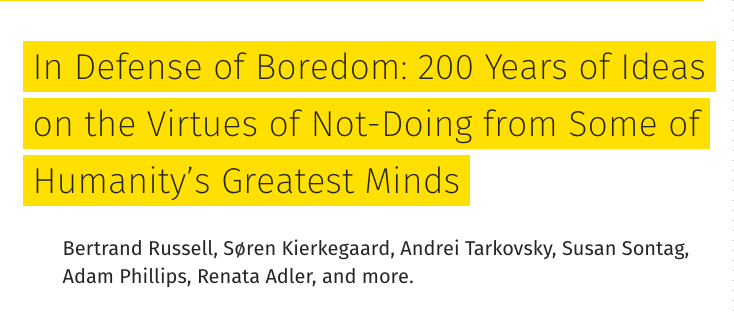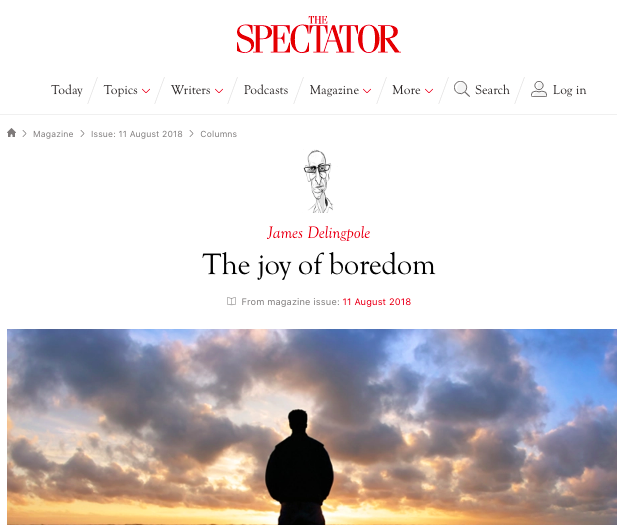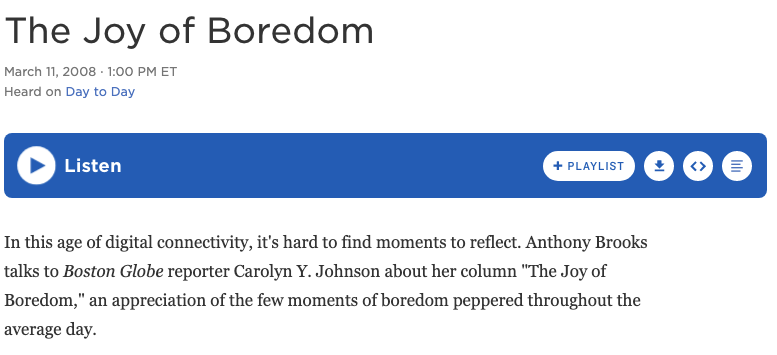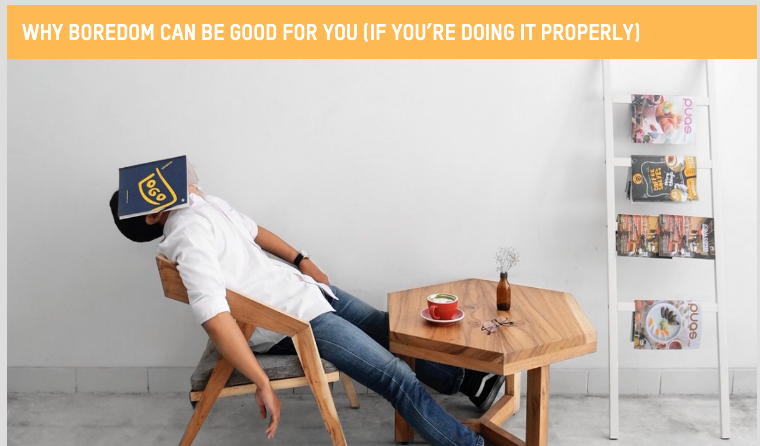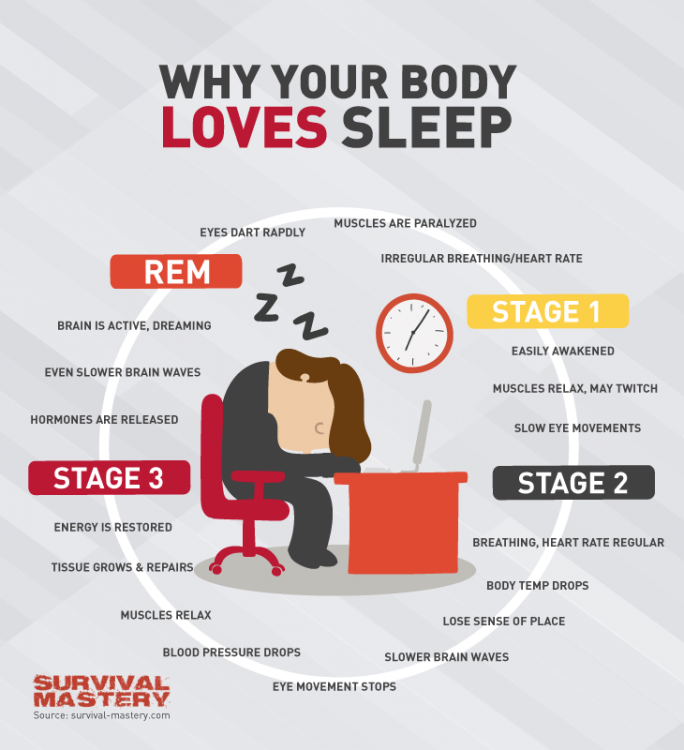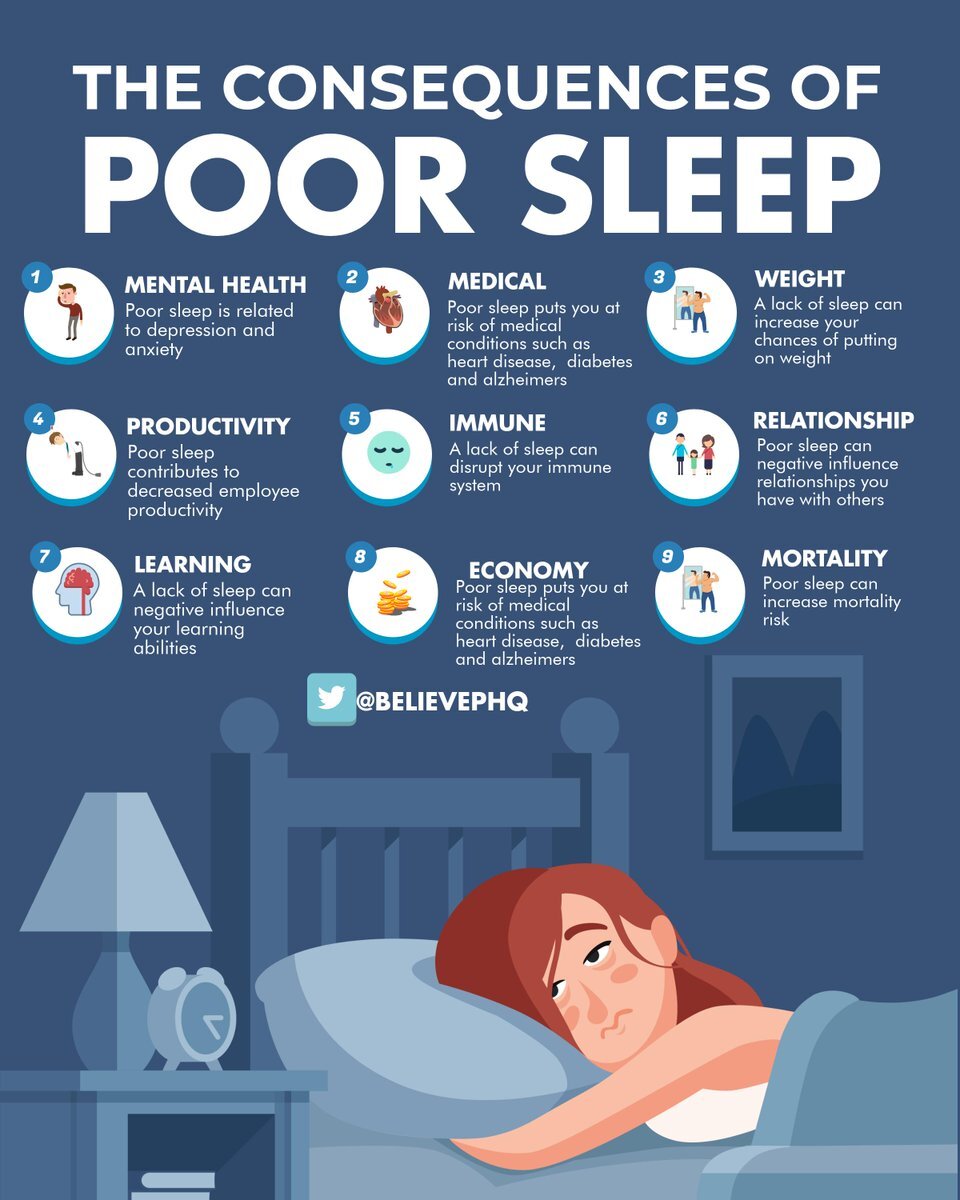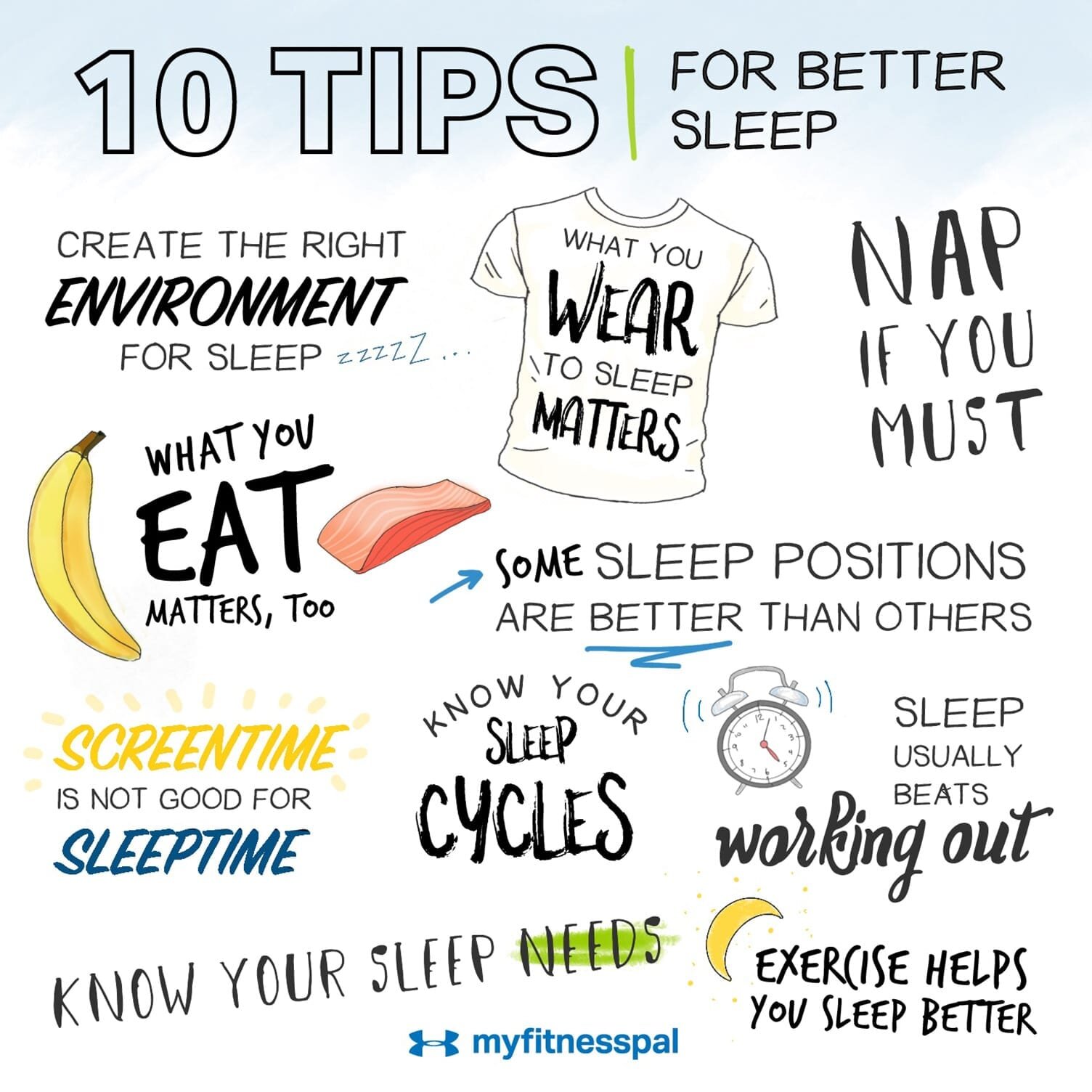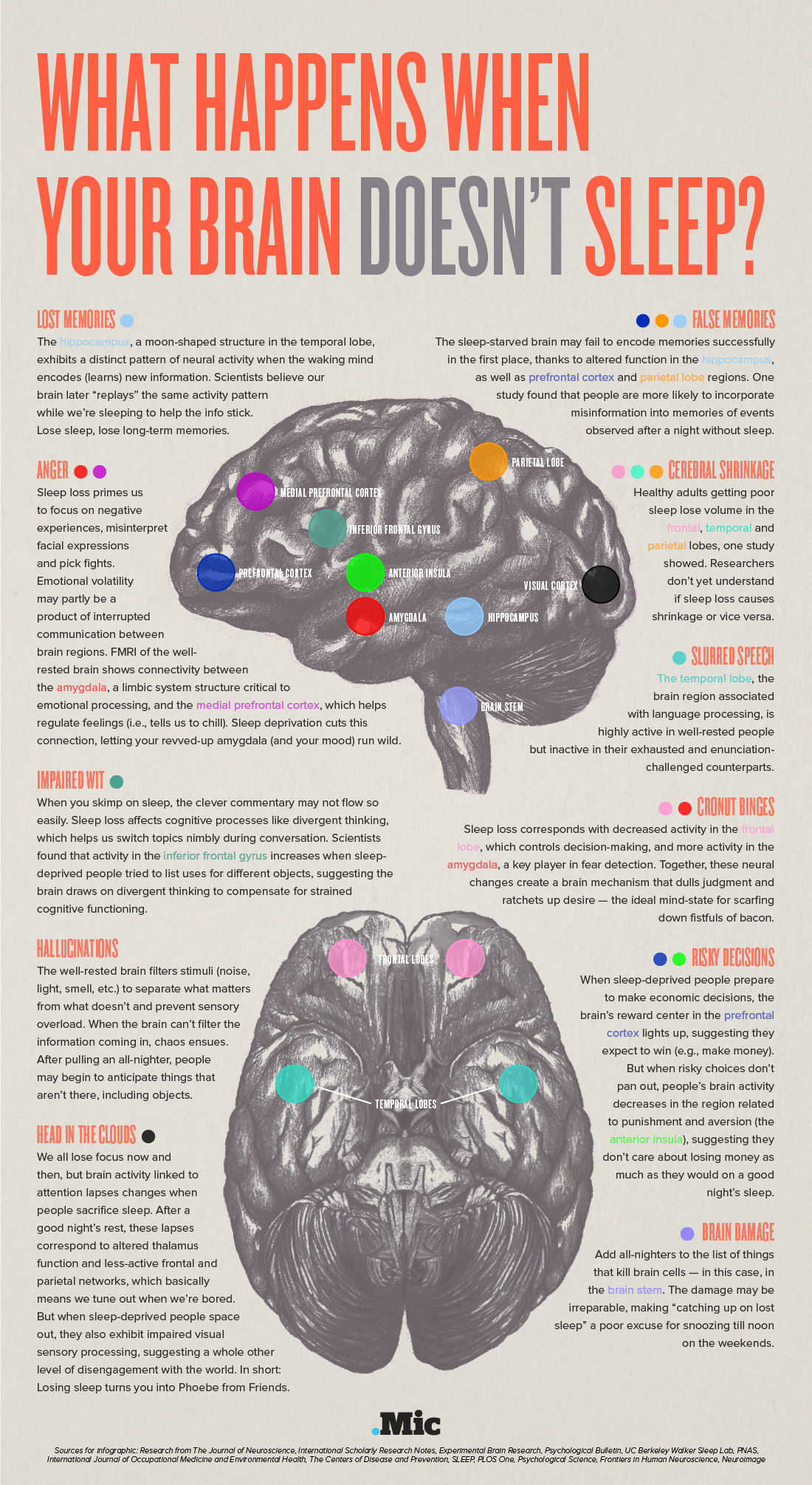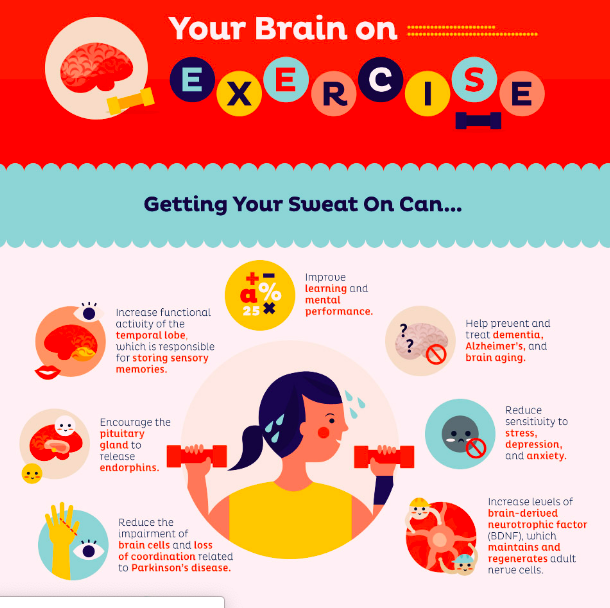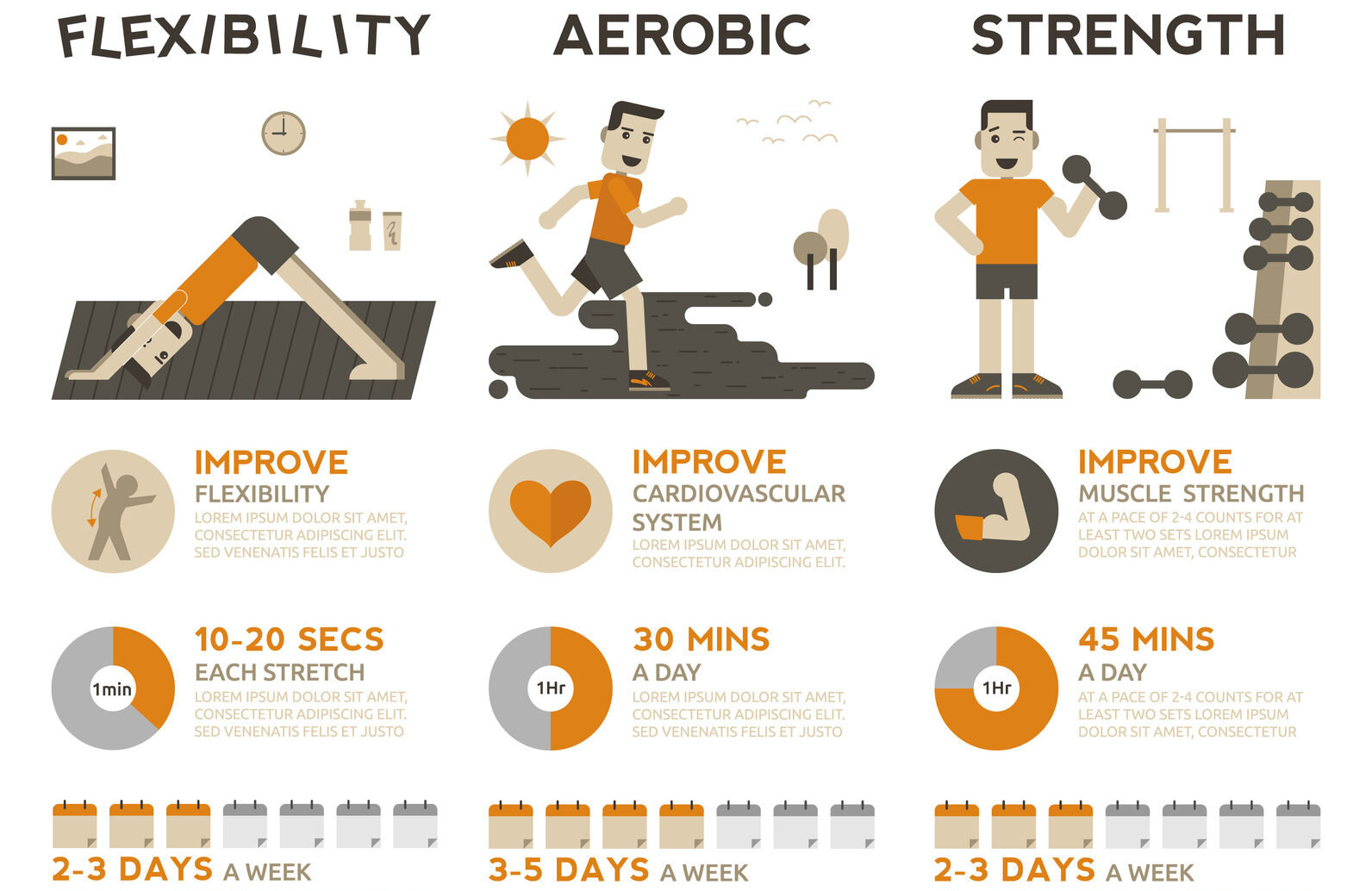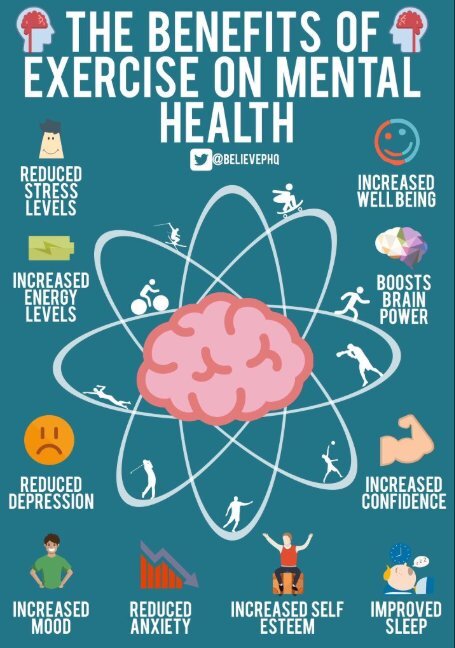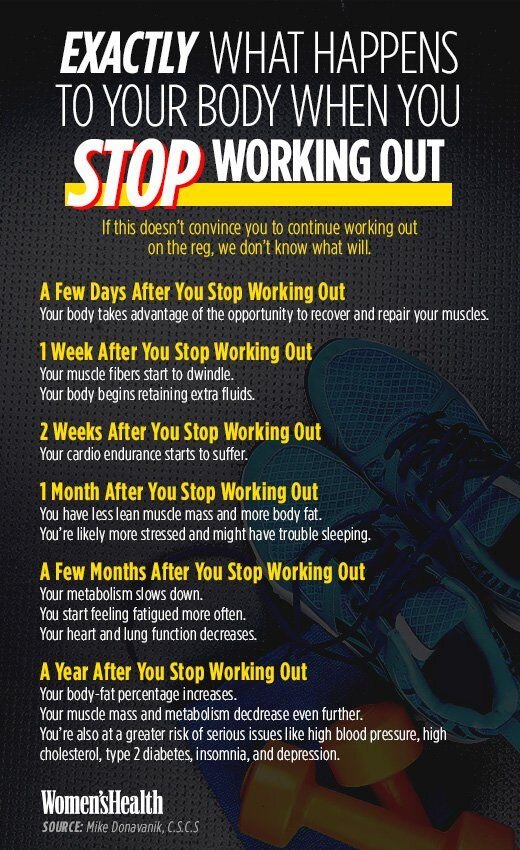Self Care Ideas 1 : Think
The Conscious Breathe I Joys and Benefits of Boredom I Restful Sleep I Get Physical I
Stay Connected, Not Alone I If You Need Help, Get Help I Self Care Apps
The Conscious Breathe
Conscious breathing is giving full focus to how you are breathing - the rhythm, pace, depth - and taking the time to concentrate on breathing deeply, at a regular pace and consistent rhythm.
We are bombarded with an enormous amount of sensory experiences every day — loud noises, flashing lights, crowds, advertisements, phones, traffic, notifications, children, our own stress, even silence can be deafening - anything that’s trying to gain our attention. This stress and over-stimulation can begin to overload our sympathetic nervous system, activating that fight-or-flight mechanism within our body and throwing us out of balance and affecting stress, concentration, mood, productivity, and more.
Sometimes a moment of mentally stepping out and just ‘being’ is all we need to re-focus re-balance and re-evaluate a situation or emotion.
The Joy of Boredom
It’s been estimated that each of us will spend around 100 days online this year, and that estimate was from in the b.c world..now could easily reach 120 days or more.
We’re always on devices, working, making plans - or thinking we should be, going somewhere, doing something,, keeping kids entertained, staying connected, keeping busy and distracting ourselves from doing anything but being bored.
We think bored is bad but there’s a joy and freedom in pointlessly staring at the ceiling thinking of puppies, or up at the sky and letting your mind wander.
Be bored, it’s good for you.
How Boredom Inspires Creativity I TEDxWorthington I Cindy Foley
The Unbelievable Benefits of Being Bored I The Good Stuff
The Value of Sleep
There is a close relationship between how well we sleep and our mental health.
Regular restful sleep, and good routines, have many proven health benefits that allow us to minimise risks and improve all aspects of health, while poor sleep can reduce the body’s ability to rest, recover and maintain health.
There are many simple ways we can improve our sleep, and you can learn more here: Everything You Need to Know About Sleep and Why We Need It
Beyond Blue - Tips for Getting a Good Night's Sleep I Healthline - 17 Tips to Sleep Better I GoodHouseKeeping 10 Best Sleep Apps
Navigate the silence in a way that works for you, because sleeping is dreamy
A lot of "expert tips” say that creating silence is one of the keys to falling asleep “more easily”, but for depression, anxiety and busy minds, silence can be deafening and full of noise, distraction and the inner critic screaming)- which makes bedtime, challenging
If you're like me and need to fill the silence, sleep Playlists on Spotify, David Attenborough nature documentaries, Patrick Stewart reading sonnets or just a favourite tv show playing softly means there is no silence to fill, and less chance - although no guarantee - of staring the walls until 3am.
Keeping a pen and notebook by your bed write down is also great for writing down, and clearing out, the thoughts demanding your attention as your head hits the pillow.. they can wait until morning, when you’ll probably see they’re just unimportant noise
( I realise some of this contradicts what some experts say about sleep routines and bedrooms needing the silence and zen of a yoga studio but nothing works for everyone, and silence rarely works for me. Find the thing that works for you and do that)
Let’s Get Physical
We all know activity of any sort - from going for a walk, to sports, gym, any physical activity - is good for overall health and wellbeing. Regular activity also reduces risks of developing chronic diseases, getting sick and being injured, helps in managing depression, anxiety and other mental health concerns.
Around 30 minutes a day is recommended as a minimum, which can give you fresh air more energy, an opportunity to socialise, improve self image, encourage goal setting behaviours and so much more.
Mayo Clinic - Fitness program: 5 steps to get started I Time Out - 13 of the Best Walks in Sydney
Stay Connected to Friends and Family,
Alone is not your friend, isolation can be a lonleness trap
When it comes to my social life, I’m a terrible planner ( for many reasons) and I have my moments of being flakey - early life experience and depression have made me a bad and distant friend, and I feel it in the distance I feel in my connections and relationships. Being comfortable with your own company and making time alone is invaluable, we all need it. Social interaction and connecting with others is just as important though. We’re social animals and our relationships, friendships and communities are part of what creates our sense of belonging and strengthens our sense of self.
Alone is not your friend.
Spend too much time alone and we can start to feel disconnected, isolated, alone and find it harder to relate to others, the world shrink, and maybe even trapped, - and not knowing who to talk to because it feels like all your relationships have faded away without you noticing. For a while, like any habit, alone may feel comfortable but there is nothing comfortable about the loneliness this can develop into, and no matter how it feels .
Loneliness can surround you without you even noticing, and once it does, breaking free, creating new habits, rebuilding relationships and reconnecting, can be more of a challenge than you think. Alone might feel comfortable, but it is not your friend.
TED Talks Playlist: The paradox of loneliness (10 talks)
Feel alone? You're not, well, alone. Enjoy a thoughtful collection of TED talks to remind you that solo feeling is a shared and universal experience.
Feeling connected, building friendships, developing meaningful relationships and sharing experiences is essential to lighting our spark. We need friends, family and a sense of community and belonging; we all need people we know, trust, care for and understand who we can talk, share and live life with openly, honestly and be comfortable being ourselves with, from the couch to the bar and everywhere in between - flaws, fun times, crazy stories, challenges, celebrations and all.
Create and nurture relationships and friendships, the good ones anyway - let dead, toxic or pretend ones go. Then don’t hide from or push who’s left, or comes along away.... or one day you may find yourself in a loneliness trap you didn’t even notice you were creating.
If you need help, seek and ask for help.
It can be hard to ask for help, especially when we need it most. We may not know what to say, or know what we need, or even explain how we feel - but that doesn’t mean we need to go it alone. There really is no need to.
We all have friends and family, even if it doesn’t feel like it, or if we’re telling ourselves, that we don’t.
There are so many organisations, services, programs and resources available to support people from every community who need help - either with their own mental health needs, or to support friends and family. Many of us just don't know who they are, what they do or how to find them though, and this can make getting help when it’s needed, challenging.
These directories of mental health services, government programs, resources and other support available highlight many different orgs, and what they do - making the right help a little easier to find.
Never be afraid, nervous or ashamed of asking for help, contacting an organisation or of starting a conversation with a mate, any day of the year.







